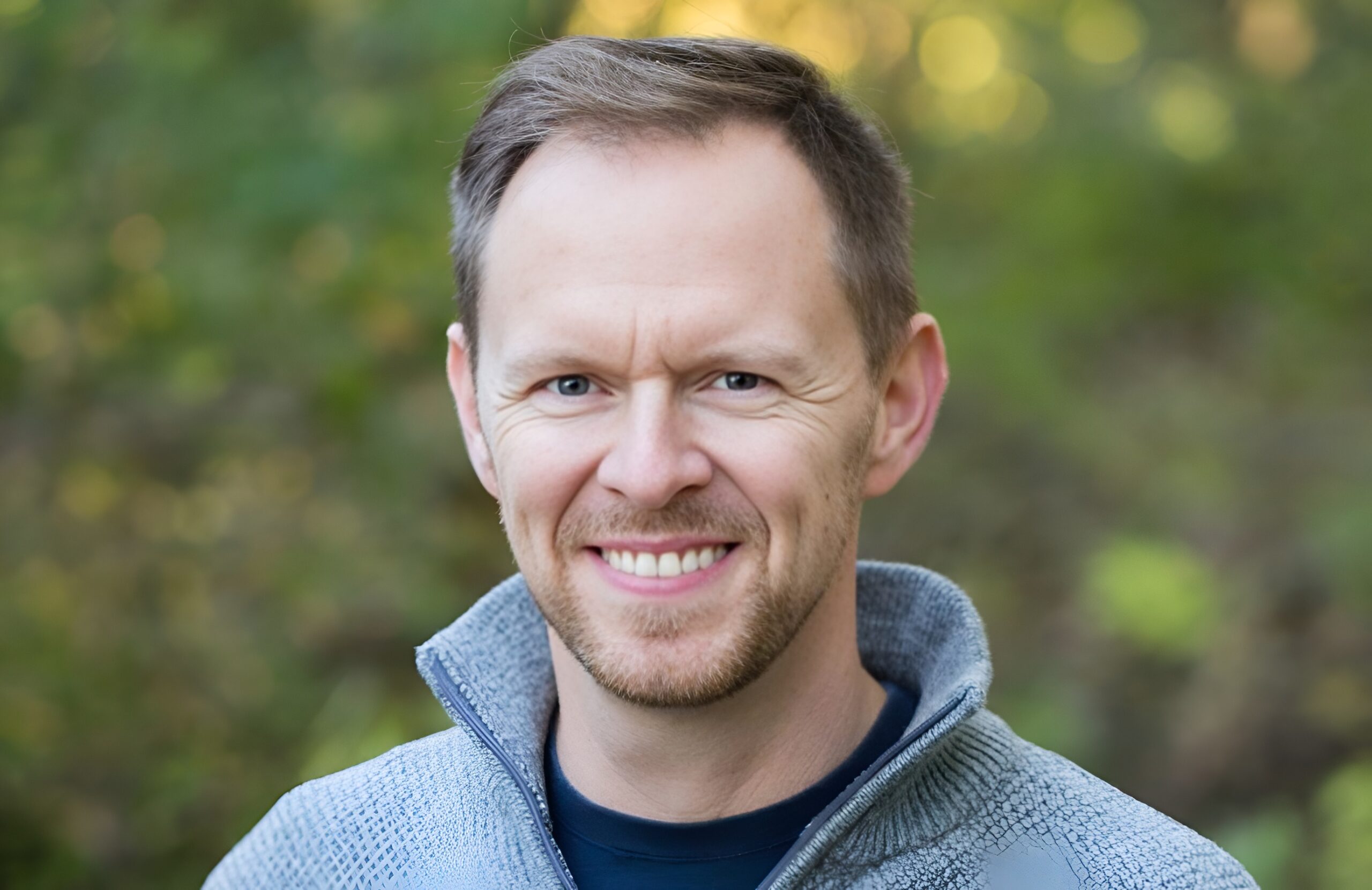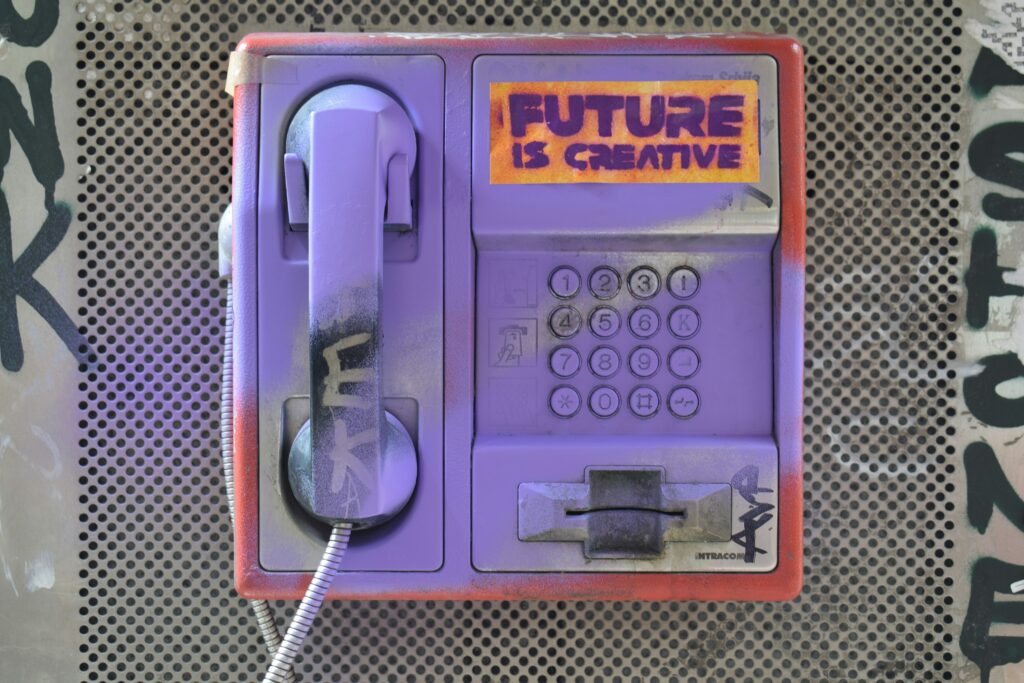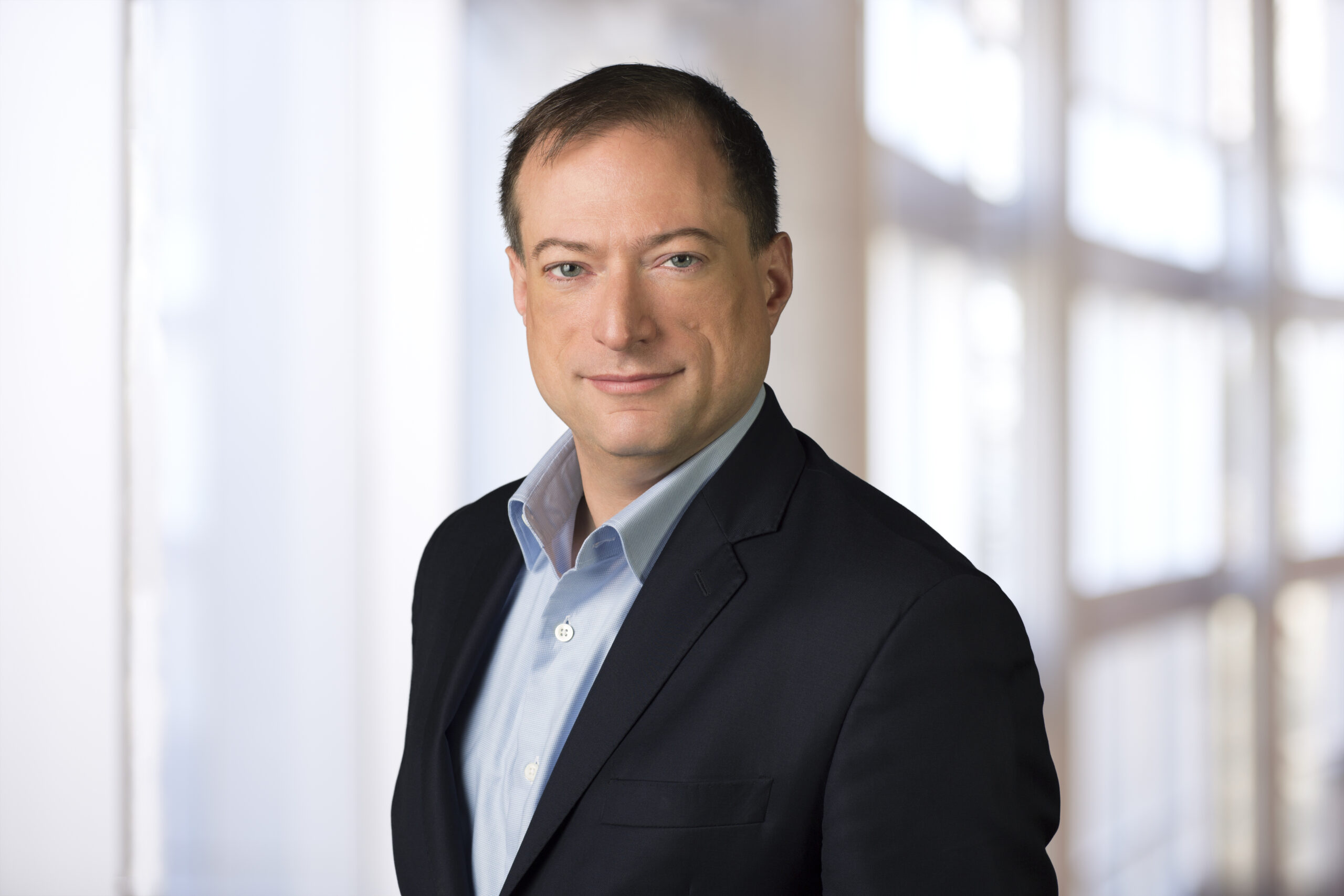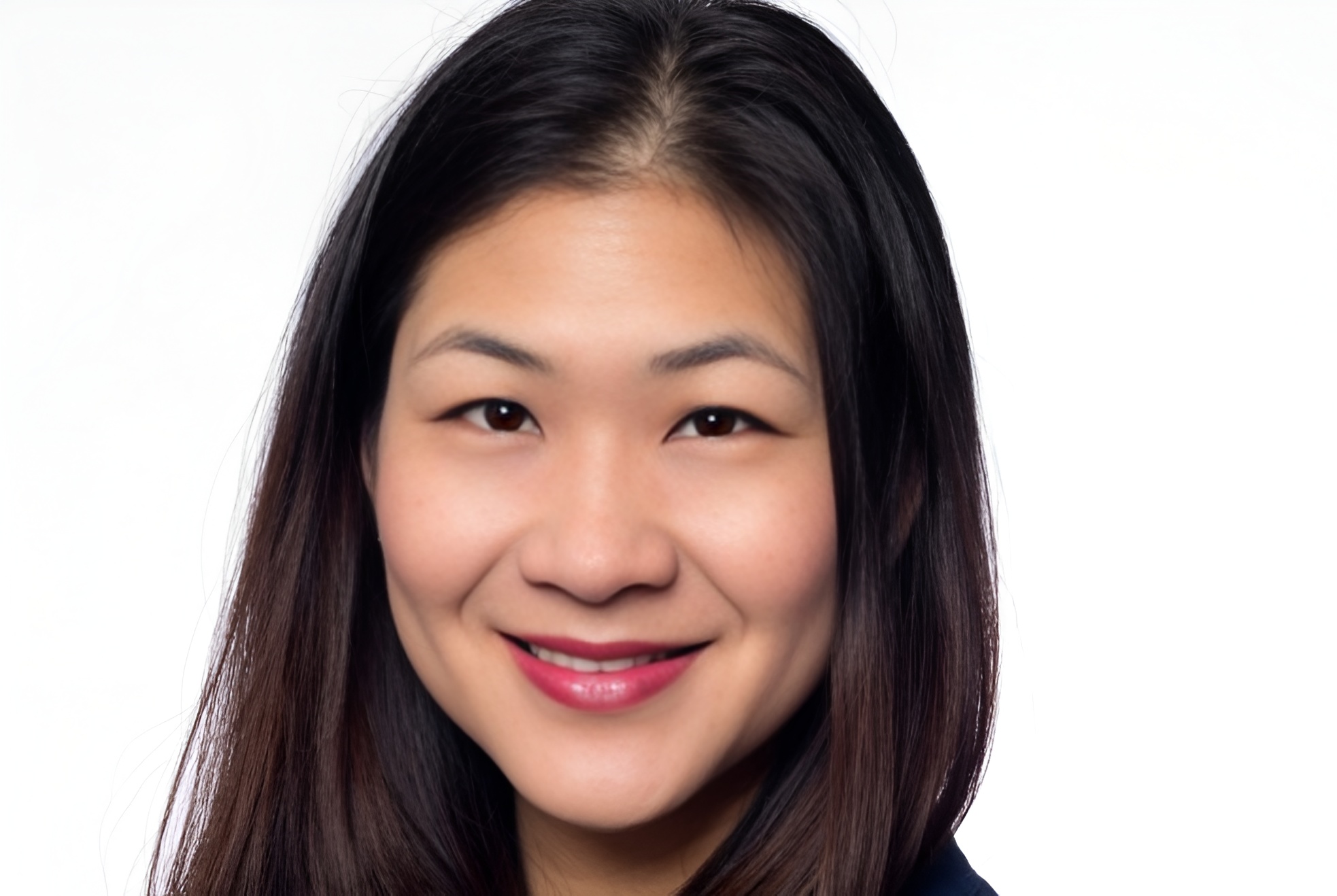For Deloitte’s chief futurist Mike Bechtel, the future is now

“It's tough to make predictions, especially about the future.”
That quote, sometimes attributed to Yogi Berra – it certainly sounds like something he would say – sums up pretty well the problems in making predictions. It’s hard for humans to make accurate forecasts, and in case you’re wondering, it turns out that AI isn’t much better
In the book AI Snake Oil, authors Arvind Narayanan and Sayash Kapoor devote a chapter to just how bad AI is at making predictions. They point to software used to decide whether a person should get bail that was only about 70% accurate as an example. As Narayanan told MIT Sloan, “We’re making decisions about someone’s freedom based on something that’s only slightly more accurate than the flip of a coin.”
That doesn’t stop humans or software companies from trying though. One person whose job revolves around forecasting what’s next is Mike Bechtel, who holds the lofty title of Chief Futurist at Deloitte. Despite the name, Bechtel says his role is less about predicting the future of technology and more about finding today’s overlooked ideas and trends, wherever they come from.
Bechtel says that’s because good ideas are everywhere, and if you take the time to look around and find them, they can alter the future of an organization in a positive way. “We don't have to predict anything. We can look to Portugal or to the Kingdom of Saudi Arabia or to Cleveland, Ohio, and find somebody building something today that figures to be the rest of our futures tomorrow,” Bechtel told FastForward.
How to become clairvoyant
It may be hard to believe, but Bechtel actually aspired to this role, even if it has changed over time. “It does feel like a different gambit than it might have 15 years ago, when I first learned about foresight work as a discipline,” he said.
He saw two primary role models: One was sci-fi author Neal Stephenson, who took a similar role at AR headset company Magic Leap from 2014-2020. The other was Ray Kurzweil, who among other roles was Chief Futurist at Google starting in 2012. He is still at it at 77.

When Bechtel arrived at Deloitte six years ago, he had that title in mind. You could understand it given that his title upon hiring was something very bureaucratic like: “Horizon Two and Three Technology, Sensing and Scanning.” It didn’t exactly roll off the tongue at dinner parties when people asked him what he did for a living. “I thought to myself, as a fan of the aforementioned brevity, how about chief futurist, and it stuck,” he said.
Bechtel, who used to be a venture capitalist, sees a lot of similarities between his current job and picking winning startups. “There's this idea in the venture capital community that a startup is ultimately just a search for a viable business model,” he said. Much like a venture capital investor, the futurist needs “to separate the possible from the probable from the preposterous.” More importantly perhaps, Deloitte customers were curious about the role and what he brought to the table in terms of helping them make good technology decisions.
Finding the human role
If the future involves AI, as more work gets automated, it’s easy to discount the humans in the equation, but Bechtel thinks we still have an important role to play. In fact, he recently launched a podcast around the idea that as AI gains prominence in the workplace, humans will matter more, not less.

He admits that it sounds counterintuitive. He likens the increasing use of AI to a game of musical chairs. When the music stops, there will be fewer and fewer jobs for us carbon-based life forms. Yet he still believes that AI is going to elevate us, not eliminate us from the work equation.
“In truth, what I'm seeing is that every time a [task or set of tasks] gets automated, it's a Trojan Horse for elevation,” he said. This means that he believes automation frees humans for more creative tasks. But he cautions that it’s up to leaders to find ways to tap into that creativity, or risk a kind of systemic boredom.
Reimagining business processes
We tend to see the way we currently do things inside a company as the only way to do them. In truth, a process develops over time and then get hard-coded into the way work moves inside an organization, whether it makes sense anymore or not.
That forces leaders to get more creative about redefining processes for AI, rather than trying to automate the same process that was in place before. He calls this business process reengineering on steroids. “The first thing I'd say is that good does not come from making bad things faster,” Bechtel said. “And what I mean by that is sometimes we're stuck with the systems we have rather than the systems we would have created from first principles.”
When you rethink those processes, you’re far more likely to come up with a better outcome. “When you approach these tough problems with fresh eyes and AI in tow, I think what you're able to do is to say, ‘hey, let's teach these digital children what we wish to be, not what we've been.’”
The first thing I'd say is that good does not come from making bad things faster.
As for young people who may be worried about the future of work and what it could mean to their careers, the chief futurist has one positive prediction for the current generation entering the workforce:
“AI is not coming for your future livelihoods. It’s coming for your parents' former livelihoods because definitionally AI is the automation of known specializations. But in that world, there's never been a better time to get busy creating the new and the next ones.”
While humans may be notoriously bad at predicting the future, let’s hope the guy in charge of figuring out what’s coming at Deloitte is on the mark with this one.
Featured photo courtesy of Deloitte.





